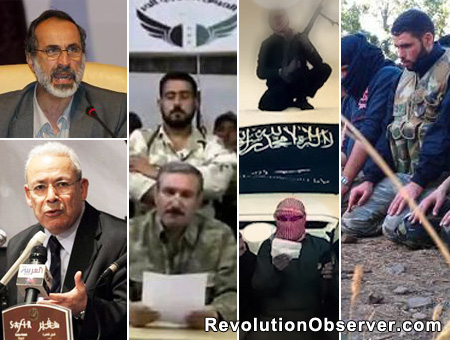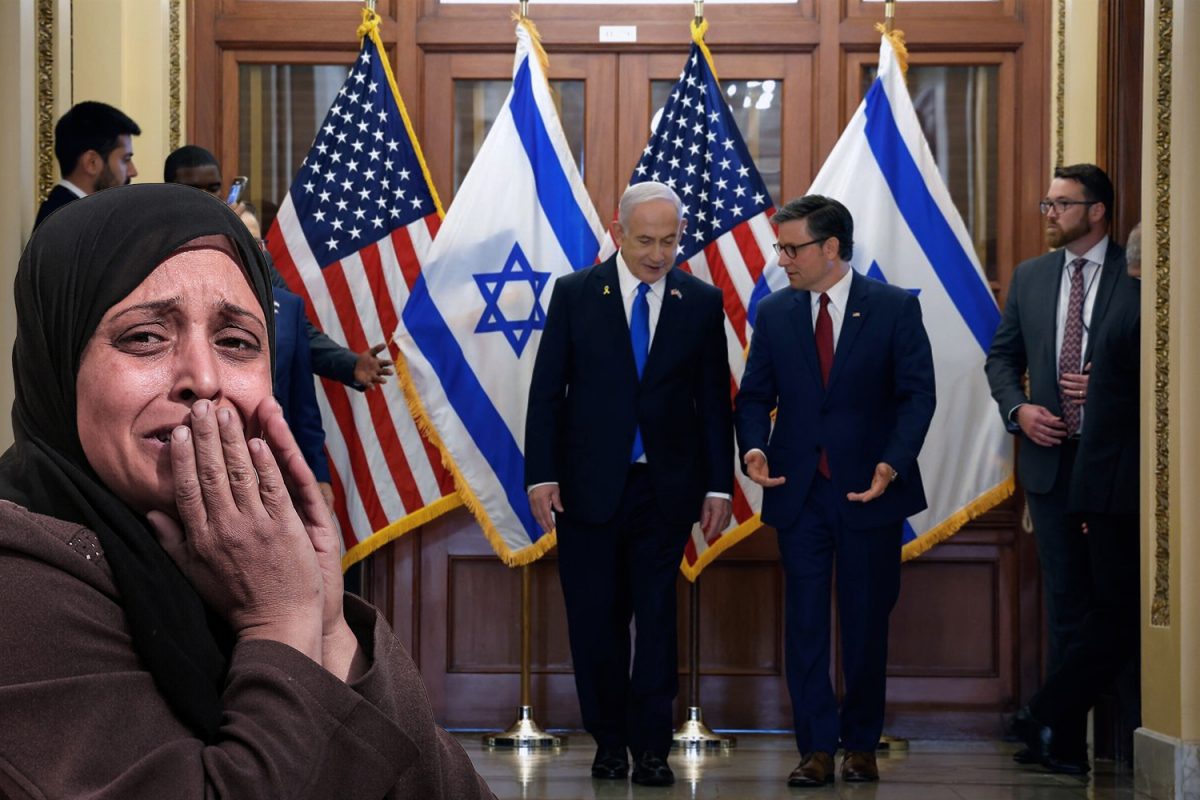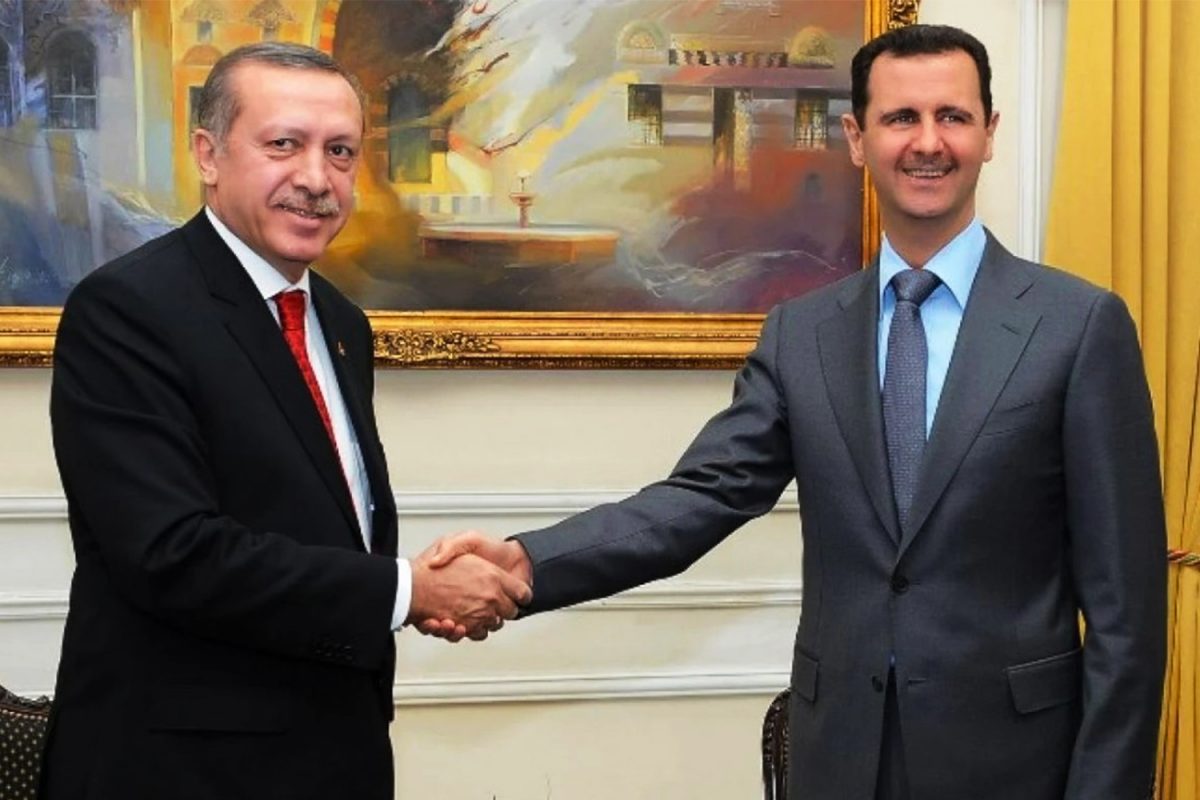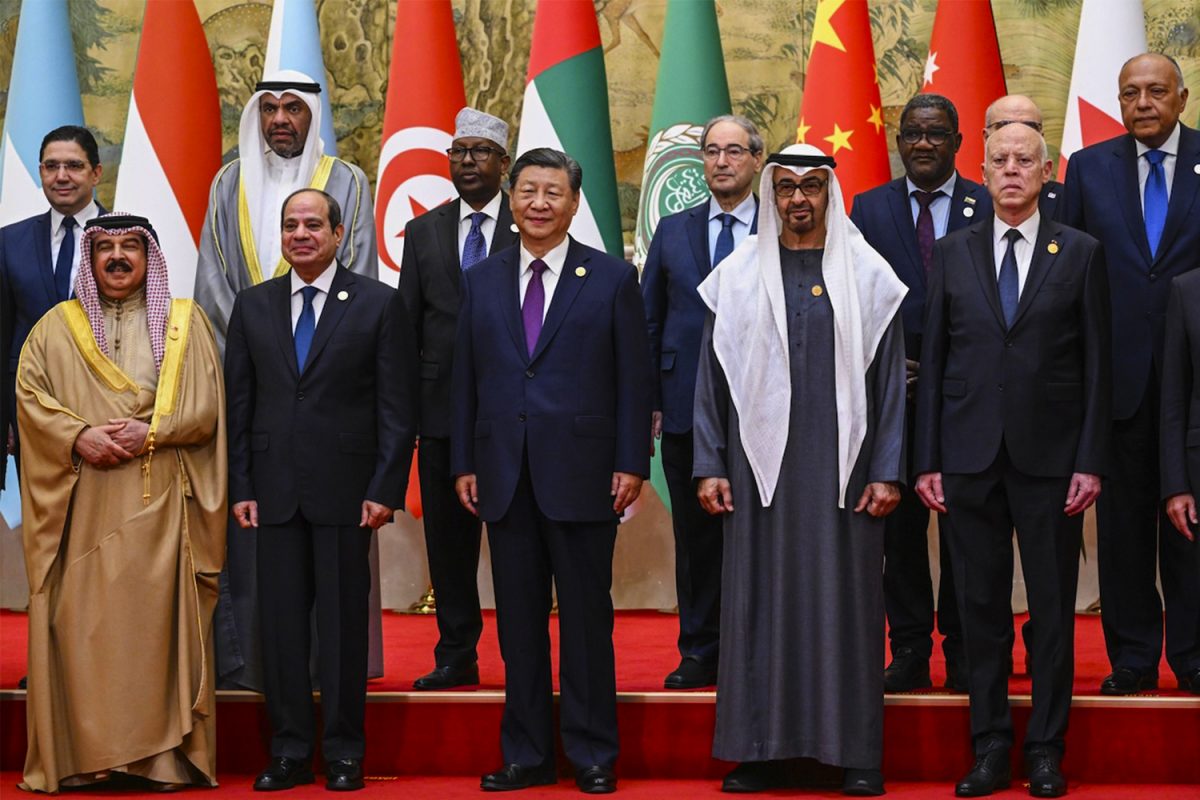By Adnan Khan
The capture of the provincial capital of al-Raqqa, one of the 14 governorates of Syria, has shown the capability of the multiple rebel groups has improved as the uprising reached its second anniversary. The success of the opposition in Syria has startled many a policy maker and analyst in their ability to hold onto territory, attack regime supply lines, conduct complex operations and overrun regime military and air bases. For example, the attack on the National Security Headquarters (NSH) in July 2012, which claimed the lives of key Ba’athist figures shocked the international community for its sheer audacity.
The opposition is composed of numerous units from a wide spectrum of backgrounds with those who want an Islamic government on one side and with those who want a secular government. The importance of the opposition was encapsulated by an intelligence officer: “The [US] administration has figured out that if they don’t start doing something, the war will be over and they won’t have any influence over the combat forces on the ground. They may have some influence with various political groups and factions, but they won’t have influence with the fighters, and the fighters will control the territory.”[1]
The Islamic groups have played a leading role in the capture of Syria’s northern territories. The two rebel groups that have garnered the most attention, locally and internationally and have been arguably the most successful have been Jabhat al Nusra and the al-Farouq brigades. Both have demonstrated tactical efficiency and military prowess in operations against regime forces. Jabhat al-Nusra has been able to control and secure supply lines and carried out governance providing basic goods and services. It has successfully secured important state infrastructure such as hydroelectric dams, grain factories and oil fields. The group engages in Jihad (material struggle) and is composed of many individuals that fought US forces in Iraq. The al-Farouq brigades was officially formed in Homs in mid-2011 and faced off with the regime when it was conducting a months-long siege of Homs. Since then, it has expanded its operations south toward Dara’a and as far north as the Syria-Turkey border. What got the al-Farouq battalion global attention was an incident in January 2012 when they captured seven Iranian Revolutionary Guard Corps’ Quds Force agents working with Syrian security forces.[2]
On the exact opposite side to the Islamic groups are the exiled secular groups and individuals. The US, France, Britain, Turkey and Qatar very quickly backed the Syrian National Council (SNC) and recognized them as the official representatives of the Syrian opposition. In November 2012 the US replaced the SNC with the Syrian National Coalition. Hillary Clinton said: “We’ve made it clear that the SNC can no longer be viewed as the visible leader of the opposition. This cannot be an opposition represented by people who have many good attributes but have, in many instances, not been in Syria for 20, 30, 40 years, There has to be a representation of those who are on the front lines fighting and dying today to obtain their freedom.”[3] The Syrian National Coalition was created as the SNC (Syrian National Council) failed to gain any influence over the rebels on the ground. US and EU officials confirmed: “The United States and like-minded governments are rushing to fund and legitimize a newly-formed Syrian opposition group amid fear that plans for a political transition are being outpaced by rebel military gains”[4] The Syrian National Coalition suffers from the same problems as the SNC, in that it lacks support from those who are actually sacrificing in Syria.
In between these two factions is the Free Syrian Army (FSA). The FSA is composed of defected Syrian Armed Forces personnel and volunteers. The leader of the entity was the first defector from the Syrian army – Colonel Riad al-Asaad. The FSA functions more as an umbrella organization than a traditional military chain of command. The FSA doesn’t always issue direct orders to the units fighting under its banner and many units have not identified themselves as part of the opaque organization. The FSA took charge of two grain silos in Aleppo in late 2012, but corruption and disorganization ensued. Residents complained that many bakeries had to shut down because the group struggled to organize flour delivery and sales, which led to public demonstrations.
Der Spiegel reported in March 2013 that US troops deployed to the Jordanian border have been engaged in full-scale training operations for Free Syrian Army (FSA) fighters.[5] Also, under intense pressure from the US, hundreds of Free Syrian Army commanders gathered in Turkey last December to select a 30-member Supreme Military Council, which in turn chose General Idris as chief of staff. General Idris confirmed he could work with most of the Islamic factions fighting in Syria, putting their number at about 50 percent of the rebels.[6]
Aside from these groups there are a number of Local Coordination Committees (LCC’s) and Administrative Councils with varying degrees of influence. However they are dwarfed by the main rebel factions. Whilst there are a number of groups that make up Syria’s opposition the system that will be implemented after Bashar al-Assad falls has not been discussed or agreed in advance. Without such a road map, external powers could manipulate for fall of al-Assad for their own ends. The Islamic factions of the opposition, who are the most influential as of yet have not put forward a constitution or a framework for the country. Doing so would make the transition to a post-al-Assad Syria a much smoother process.
[1] http://www.nytimes.com/2012/11/29/world/us-is-weighing-stronger-action-in-syrian-conflict.html?pagewanted=1
[2] http://www.youtube.com/watch?v=CH3ttgUt93U&feature=related,
[3] http://www.voanews.com/content/brahimi-seeks-chinese-support-for-syria-solution/1536429.html
[4] http://www.independent.co.uk/news/world/middle-east/us-and-europe-accelerate-plans-for-syrian-transition-8388987.html
[5] http://news.antiwar.com/2013/03/10/report-us-troops-training-syrian-rebels-in-jordan/
[6] http://www.nytimes.com/2013/03/02/world/middleeast/syrian-rebel-leader-deals-with-old-ties-to-other-side.html?pagewanted=all&_r=0
The Islamic groups have played a leading role in the capture of Syria’s northern territories. The two rebel groups that have garnered the most attention, locally and internationally and have been arguably the most successful have been Jabhat al Nusra and the al-Farouq brigades. Both have demonstrated tactical efficiency and military prowess in operations against regime forces. Jabhat al-Nusra has been able to control and secure supply lines and carried out governance providing basic goods and services. It has successfully secured important state infrastructure such as hydroelectric dams, grain factories and oil fields. The group engages in Jihad (material struggle) and is composed of many individuals that fought US forces in Iraq. The al-Farouq brigades was officially formed in Homs in mid-2011 and faced off with the regime when it was conducting a months-long siege of Homs. Since then, it has expanded its operations south toward Dara’a and as far north as the Syria-Turkey border. What got the al-Farouq battalion global attention was an incident in January 2012 when they captured seven Iranian Revolutionary Guard Corps’ Quds Force agents working with Syrian security forces.[2]
On the exact opposite side to the Islamic groups are the exiled secular groups and individuals. The US, France, Britain, Turkey and Qatar very quickly backed the Syrian National Council (SNC) and recognized them as the official representatives of the Syrian opposition. In November 2012 the US replaced the SNC with the Syrian National Coalition. Hillary Clinton said: “We’ve made it clear that the SNC can no longer be viewed as the visible leader of the opposition. This cannot be an opposition represented by people who have many good attributes but have, in many instances, not been in Syria for 20, 30, 40 years, There has to be a representation of those who are on the front lines fighting and dying today to obtain their freedom.”[3] The Syrian National Coalition was created as the SNC (Syrian National Council) failed to gain any influence over the rebels on the ground. US and EU officials confirmed: “The United States and like-minded governments are rushing to fund and legitimize a newly-formed Syrian opposition group amid fear that plans for a political transition are being outpaced by rebel military gains”[4] The Syrian National Coalition suffers from the same problems as the SNC, in that it lacks support from those who are actually sacrificing in Syria.
In between these two factions is the Free Syrian Army (FSA). The FSA is composed of defected Syrian Armed Forces personnel and volunteers. The leader of the entity was the first defector from the Syrian army – Colonel Riad al-Asaad. The FSA functions more as an umbrella organization than a traditional military chain of command. The FSA doesn’t always issue direct orders to the units fighting under its banner and many units have not identified themselves as part of the opaque organization. The FSA took charge of two grain silos in Aleppo in late 2012, but corruption and disorganization ensued. Residents complained that many bakeries had to shut down because the group struggled to organize flour delivery and sales, which led to public demonstrations.
Der Spiegel reported in March 2013 that US troops deployed to the Jordanian border have been engaged in full-scale training operations for Free Syrian Army (FSA) fighters.[5] Also, under intense pressure from the US, hundreds of Free Syrian Army commanders gathered in Turkey last December to select a 30-member Supreme Military Council, which in turn chose General Idris as chief of staff. General Idris confirmed he could work with most of the Islamic factions fighting in Syria, putting their number at about 50 percent of the rebels.[6]
Aside from these groups there are a number of Local Coordination Committees (LCC’s) and Administrative Councils with varying degrees of influence. However they are dwarfed by the main rebel factions. Whilst there are a number of groups that make up Syria’s opposition the system that will be implemented after Bashar al-Assad falls has not been discussed or agreed in advance. Without such a road map, external powers could manipulate for fall of al-Assad for their own ends. The Islamic factions of the opposition, who are the most influential as of yet have not put forward a constitution or a framework for the country. Doing so would make the transition to a post-al-Assad Syria a much smoother process.
[1] http://www.nytimes.com/2012/11/29/world/us-is-weighing-stronger-action-in-syrian-conflict.html?pagewanted=1
[2] http://www.youtube.com/watch?v=CH3ttgUt93U&feature=related,
[3] http://www.voanews.com/content/brahimi-seeks-chinese-support-for-syria-solution/1536429.html
[4] http://www.independent.co.uk/news/world/middle-east/us-and-europe-accelerate-plans-for-syrian-transition-8388987.html
[5] http://news.antiwar.com/2013/03/10/report-us-troops-training-syrian-rebels-in-jordan/
[6] http://www.nytimes.com/2013/03/02/world/middleeast/syrian-rebel-leader-deals-with-old-ties-to-other-side.html?pagewanted=all&_r=0






0 comments
Anonymous
12th April 2013 at 11:27 am
Assalaamu Alaikum,
Jazaakallahu Khairan for a very useful article. I would just like to point out however that you mentioned that the Islamic factions have not laid down a constitution or a framework for the future of the land after the fall of Asad’s regime although it is known that Hizb ut Tahrir has been very active in laying out these matters and trying to unify the opposition upon its basis. It has a full Islamic constitution ready for implementation that has been agreed upon by a number of the opposition groupings and it has created a public opinion in many areas for the re-establishment of the Khilafah as a specific goal. Therefore it is not correct to say that this has not been put forward by elements of the Islamic opposition as it does exist although as you have explained there are a number of factions and these goals have not unified all of them. It could be said in addition however that three different directions are represented in the opposition: 1) The civil democratic state supported by the west, arab governments, elements of FSA, the Muslim brotherhood, the Syrian alliance, 2) A form of Islamic emirate 3) The khilafah system in the form presented by Hizb ut Tahrir and its constitution.
Anonymous
31st May 2013 at 5:12 pm
I agree with what the “sibling” mentioned above.
Hizb ut Tahrir has a clear, fixated plan for post-Assad (fall of the regime) : Khilafah.
I suggest to edit it, insha’ Allah.
May Allah grant us victory soon. Ameen.